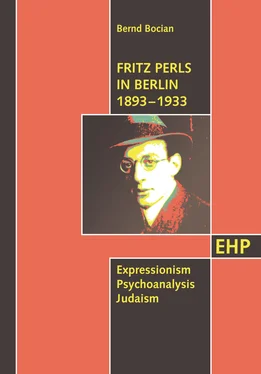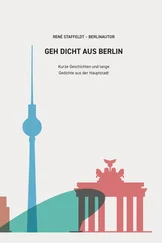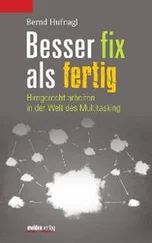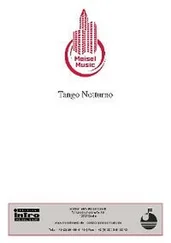EHP – Edition Humanistische Psychologie
Eds. Anna and Milan Sreckovic
The translation of this book was made possible through the financial support of the German Association for Gestalt Therapy (Deutsche Vereinigung für Gestalttherapie e.V. - DVG) and the European Association for Gestalt Therapy (EAGT).
The Author
Bernd Bocian, PH.D. was born in 1954, and lives in Genoa, Italy. He works in private practice as well as in a Cooperativa Sociale. He is gestalt therapist, and was also trained in Reichian body work and psychoanalytic therapy. From 1985 to 2000 he was a member of the editorial board of the German journal Gestalttherapie (Ed. by DVG – Deutsche Vereinigung für Gestalttherapie – German Association for Gestalt therapy). He is author of various publications on the historical and contemporary relation between gestalt therapy and psychoanalysis (e.g. Bocian, B. / Staemmler, F.-M.: Gestalttherapie und Psychoanalyse 2000).
The Translator
Philip Schmitz was born in Princeton, New Jersey, and spent his formative decades in Salzburg. He earned an Austrian »Matura,« holds an MA in German, and established his credentials with translations of works by Wilhelm Reich. His first published translation appeared in 1975. He is a member of the PEN American Center and the American Council on Germany and lives in Connecticut.
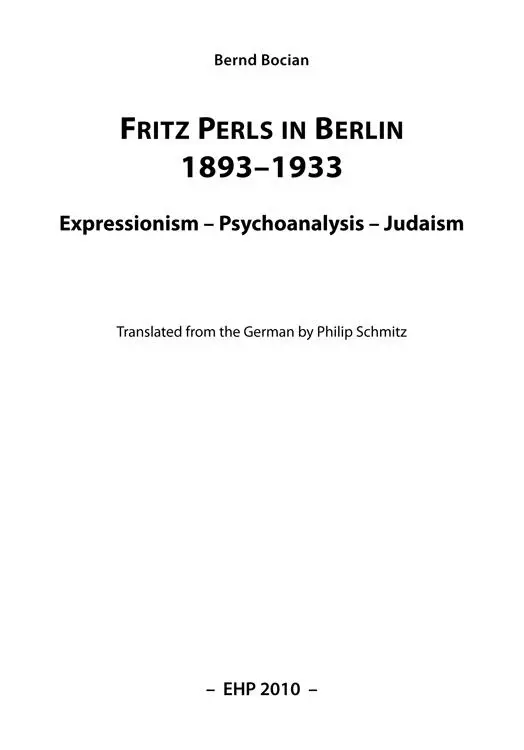
© 2010 EHP - Verlag Andreas Kohlhage, Bergisch Gladbach
www.ehp.biz
© for the German edition Peter Hammer Verlag GmbH, Wuppertal 2007 Translated from the German by Philip Schmitz
Bibliografische Information der Deutschen Nationalbibliothek
Die Deutsche Nationalbibliothek verzeichnet diese Publikation in der Deutschen Nationalbibliografie; detaillierte bibliografische Daten sind im Internet über http://dnb.d-nb.deabrufbar.
Cover Design: Gerd Struwe, Uwe Giese
– using a privately owned photography: ›Friedrich Solomon Perls 1923‹ –
Typeset by MarktTransparenz Uwe Giese, Berlin
Gedruckt in der EU
Alle Rechte vorbehalten
All rights reserved. No part of this book may be reproduced or transmitted in any form or by any means, electronic or mechanical, including photocopying, recording or by any information storage and retrieval system, without permission in writing from the publisher.
print-ISBN 978-3-89797-068-7
epub-ISBN 978-3-89797-608-5
eBook-Herstellung und Auslieferung:
Brockhaus Commission, Kornwestheim
www.brocom.de
Deutsche Vereinigung für Gestalttherapie: Greeting Deutsche Vereinigung für Gestalttherapie: Greeting This volume is dedicated to Fritz Perls’s impact on Gestalt therapy. In its breadth and depth, the account reveals the multifaceted background and its significance for Perls’s life and the development of Gestalt therapy. The roots of Gestalt therapy lie in the Germany of the 1920 th . After Fritz and Laura Perls were forced to flee Nazi Germany they had to plant and nurture these roots on different soil. Bernd Bocian’s well-informed elucidation exemplifies the variation and breadth of the cultural, political and historical embedment. The later development of Gestalt therapy is based on what he describes so thoroughly, so vividly and with such versatility. The pleasure of reading this differentiated and colorful account should not be limited to German readers, and the DVG-Board wholeheartedly supports the publication of an English edition of this book. We are particularly pleased that the story of Fritz Perls’s life in Berlin is ready to be presented at the 10 th European Gestalt Conference in Berlin! Berlin, July 2010 Veronica Klingemann and Judith Wurm-Beissel for the board of the German Association for Gestalt Therapy (Deutsche Vereinigung für Gestalttherapie e.V. - DVG)
European Association for Gestalt Therapy: Greeting
Preface to the English Edition
Preface and Acknowledgements (from the First German Edition)
THE WORK OF REMEMBERING AND TOPICALITY
I. BIOGRAPHICAL COMPONENTS
1. Formative Life Contexts. War – Expressionism – Psychoanalysis
2. The Jewish Context and the Educational Ideal of Classical Humanism
2.1 Jews in the German Empire. Between Antisemitism and German-Jewish Cultural Chauvinism
2.2 Bourgeois Humanism Turns into Nationalism
2.3 The Humanistic Educational Ideal. Individuality and Holistic Personality Development
2.3.1 Friedrich Schiller. The »Middle Mode« and »Living Gestalt«
3. Early Influences
3.1 A Family from the Eastern Reaches of the German Empire
3.2 The Perls Family. »Creeping up the Middle-Class Ladder«
3.3 Childhood. Father Conflict and Rebellion
3.3.1 »The Emperor has no Clothes.«
3.4 Experiences in School. The Subservient Mentality and Unsuccessful Triangulation
3.4.1 The Winners in Modernization. Concerning the Level of Jewish Education
3.4.2 Cruel Teachers and an Absent Father
3.5 Perls’s Father. An Irregular Free Mason
3.5.1 »The Order of Humanists« and the Peculiarity of Life in Nathan Perls’s Lodges
3.5.2 Grand Master Nathan Perls. Revisionist and Nonconformist
3.6 Experiences in the Theater. The Search for Emotional Truth
3.6.1 A Mother Who Loved Art
3.6.2 Max Reinhardt
3.6.3 Perls the Actor. Revealing False Poses
3.7 Sexuality. Freud and Kohut
3.7.1 Sexual Need and Hunger for Life
3.7.2 Perls’s »Sexual Problem« and Self Psychology
3.8 Medical Studies
4. War, Trauma, and Revolution
4.1 War and the Cultural Avant-Garde
4.2 Working for the Red Cross and the Initial Shock of War
4.3 The Front Line, Gas Warfare, Death. Field Theory as an Experience
4.4 The »Jewish Census« and the German-Jewish Patriots
4.5 Bohemian Berlin. Injury and Opposition
4.6 The Trauma of War
4.7 Revolution and Murder Continue
4.7.1 The Civil War of 1918/1919 in Berlin
4.7.2 Rosa Luxemburg and Karl Liebknecht are Murdered. The Bohemian Scene Radicalizes Itself
4.8 Perls in »Peaceful Freiburg« and the Counter-Revolution in Munich
4.9 Gustav Landauer’s Liberal Socialism
5. The Artistic Avant-Garde in Berlin and the Expressionist Weltanschauung
5.1 Perls in the Bohemian Circle Surrounding Salomo Friedlaender/Mynona
5.2 Ego Dissociation and the Renewal of Humanity
5.3 Hannah Höch. The Simultaneity of Perception. Constructivism
5.4 A Precious Figure against a Nihilistic Ground
5.5 Friedlaender/Mynona’s Approach. Nietzsche, Polarism, the Middle Point
5.6 The Dadaistic Revolt and the Gestalt Dada
5.6.1 Fritz Perls – »Gestalt Dada«
5.7 Raoul Hausmann. »Philosopher of Dada« and Polarity Theoretician
5.8 Otto Gross. Anarchism and Psychoanalysis
5.8.1 Gross and Hausmann. Revolting against One’s Own Conventions
5.8.2 Cultural-Revolutionary Psychoanalysis. One’s Own Authority as Opposed to the Authority of the Other
5.8.3 The Need for Contact. Loneliness or Submission
6. The Years of the Weimar Republic
6.1 The Early Crisis Years. Anti-Semitism and Inflation
6.2 The »Golden Twenties.« Americanism and the Coldness Metaphor
6.3 Psychoanalysis. Initial Contacts
6.3.1 Sigmund Freud as the Saviour
6.3.2 Karen Horney. Human Involvement and Hopes of Growth
6.4 Frankfurt. The Gestalt Concept or, Thinking in Terms of Context and Relationships
6.4.1 Goldstein, Lewin and the Unconscious
6.4.2 An Integrative Atmosphere
6.4.3 Psychoanalysis and Gestalt Psychology
6.5 Intermezzo at the Vienna Psychoanalytic Institute
Читать дальше
